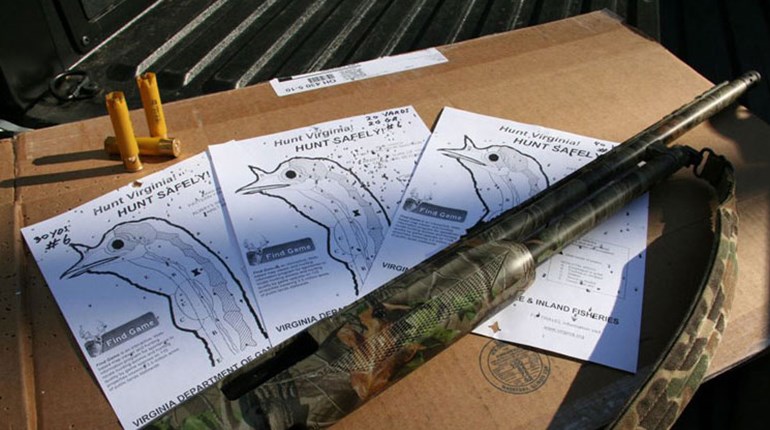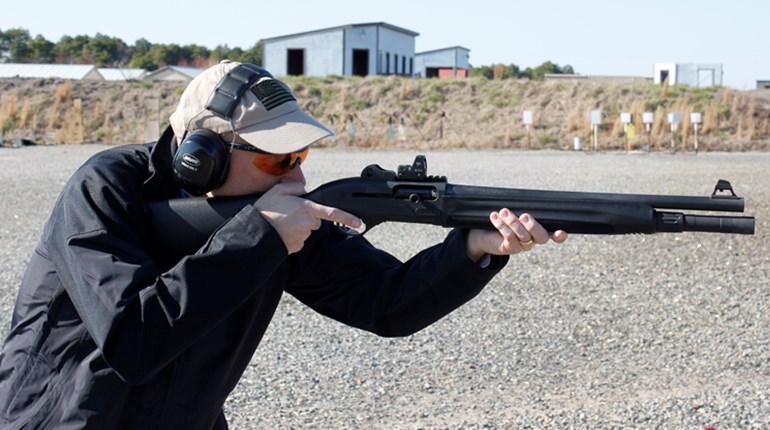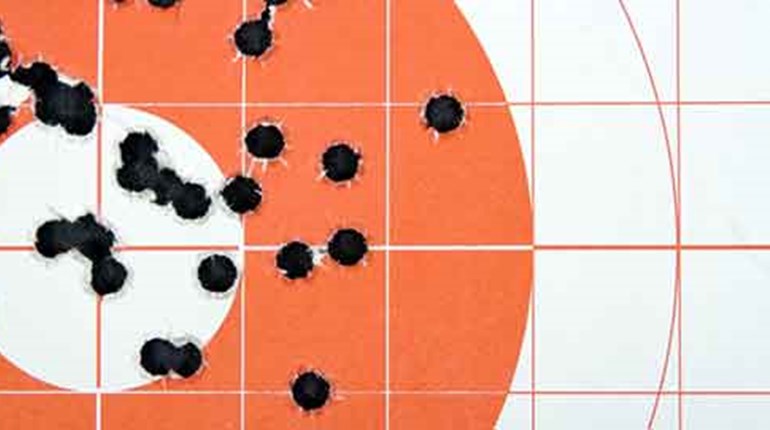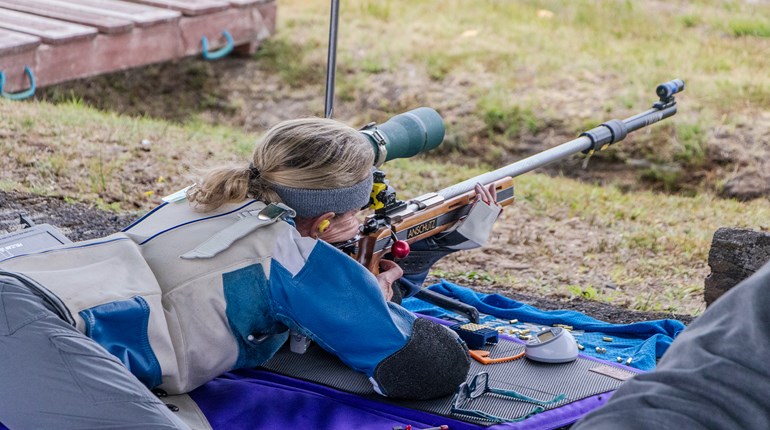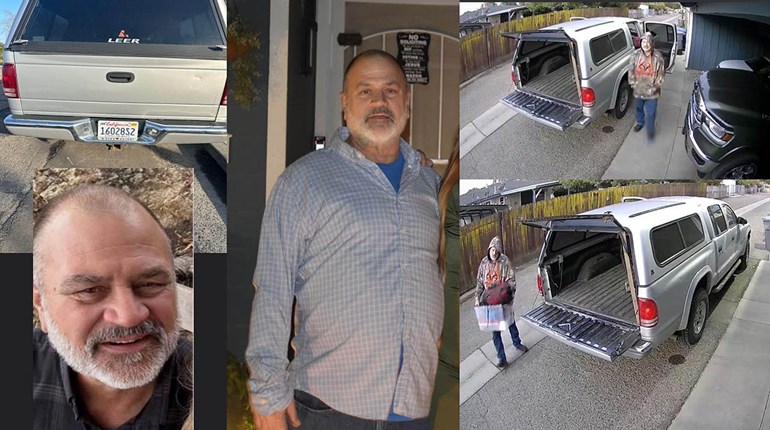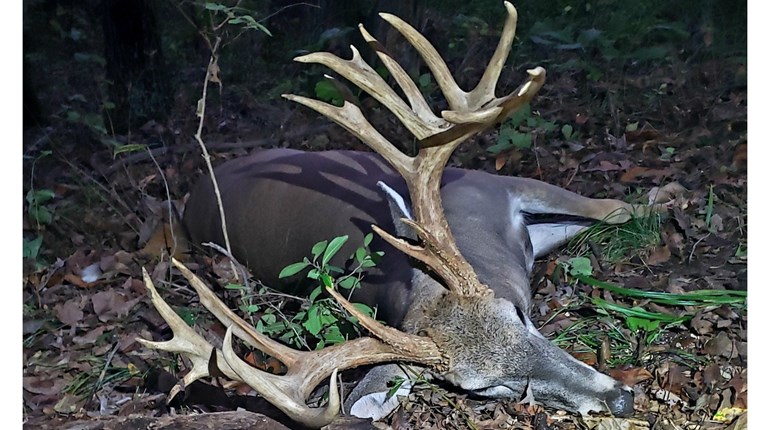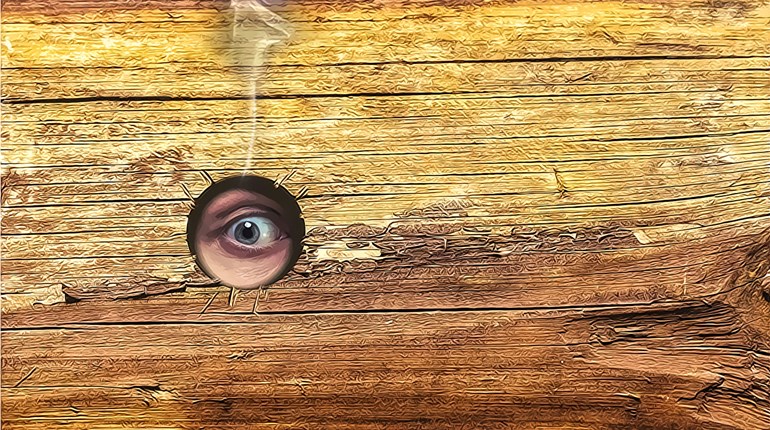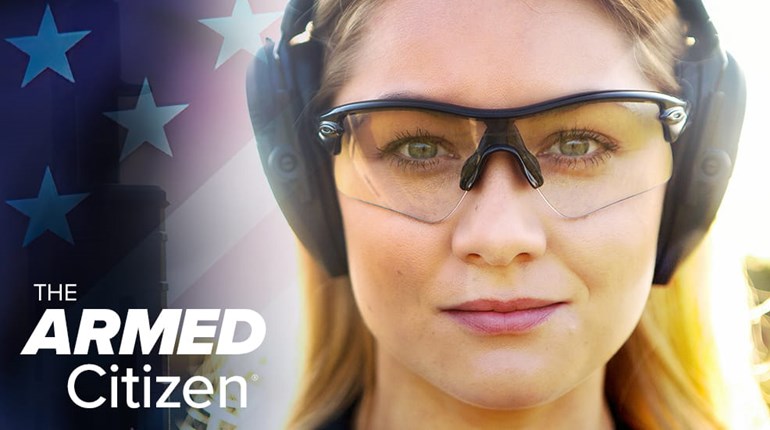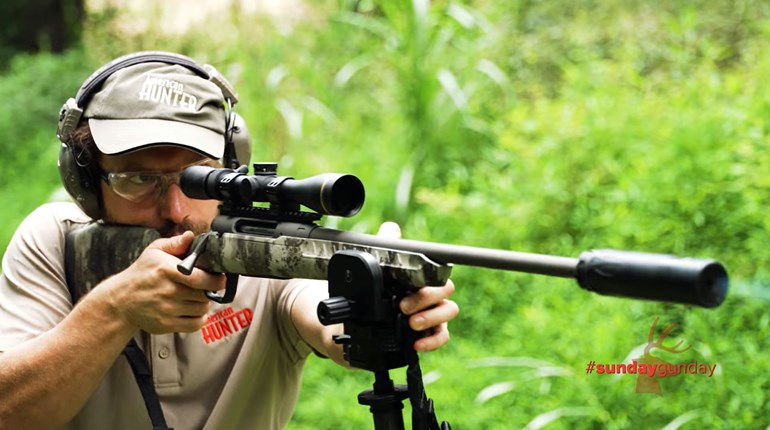
Would you like to hit more clay targets more consistently? And not only hit them, but crush them? Who wouldn’t, right? Then you might consider hiring a shooting coach.
Ian Hurd is a professional shotgun shooting coach and the sporting clays manager at the Cardinal Center, located in central Ohio near Marengo. This massive shooting-sports facility annually hosts three of the six largest shotgun shooting events in the country. It also boasts two sporting clays ranges, a five-stand sporting course, bunker trap and 52 trap fields—the trap shooting firing line alone measuring more than a mile!
“Both new and experienced shooters would benefit from a session or two with a shooting coach,” said Hurd. “Shotgun shooting is all about developing the right habits, and new shooters will find a coach helpful because he or she will get you started with the right techniques, before a shooter can ingrain bad habits.” As for experienced shooters, Hurd said it’s really all about eliminating bad habits. “A good coach can spot problems that a shooter may not even know exist,” he said.
Hurd also suggested that you may want to plan on more than one training session with a coach. “After you’ve had a lesson, most coaches will tell you to go shoot for a couple of weeks—practicing your new techniques—then come back and have a second lesson. By doing that, a shooter will eventually learn to coach himself, knowing why he missed when he does.”
The number one reason most shooters don’t hire a coach is likely cost. Reputable coaches charge anywhere from $50 to $200 per hour, and people rationalize their decision by believing that if they put that same money toward more shotgun shells they will become a better shot. After all, practice makes perfect, right?
Yes and no. Only perfect practice makes perfect, so if you are continually practicing poor shooting habits your shooting progress will be slow to nonexistent. What’s even worse, you will eventually plateau at a level far below your potential. Think of hiring a coach as a long-term investment in your shooting future, and it will be easier to pull the trigger on cost.
The most common problem Hurd encounters with new shooters is getting them to understand the concept of lead—being out in front of a target the proper distance. “For example, in shooting sporting clays, you have to lead some targets as much as eight or nine feet,” he said. “And to get a new shooter to do that can sometimes be difficult. But once they begin believing in you as a coach and break a few targets, the light comes on and they are absolutely amazed.”
Hurd said that most shooters, new or experienced, miss targets in a number of ways, mainly by shooting behind, but also in front, high, or low. “The exception to that rule is people who are hard-charging, type-A personalities,” he said. “They tend to miss targets by mainly shooting in front.” Yet another common problem both new and experienced shooters encounter is not judging the flight path of targets correctly and shooting over the top or underneath.
An issue that many women shooters have to deal with that most men don’t is something called cross-dominance. In other words, they shoot right-handed, but their left eye is stronger than their right. Or, just the opposite may be true; they shoot left-handed, but their right eye is stronger than their left.
It’s important in shooting that your dominant eye aligns with the top of the gun barrel. If that’s not natural for you, there are two common solutions. Either learn to shoot from your opposite shoulder, or block the lens of your shooting glasses in front of your dominant eye with a piece of tape, forcing the less-dominant eye to take over.
Hurd’s final piece of advice had to do with the amount of practice shooters need to keep their edge. “It’s really a personal decision, depending upon what you want to accomplish as a shooter,” he said. “For instance, if you really want to be the best you can and compete at the highest levels, you may need to shoot three or four times per week. But that gets expensive, and most people won’t do that. However, if you just want to get better and stay tuned up, shooting once a week or once every other week will allow you to do that.”
So, how do you locate a reputable shooting coach? Hurd said to begin looking locally, by asking around at shooting ranges, gun clubs and gun shops about who in the area gives shotgun shooting lessons. Another way to locate a coach is to pick up a copy of clay target shooting magazines, where contact information for coaches will be listed.













